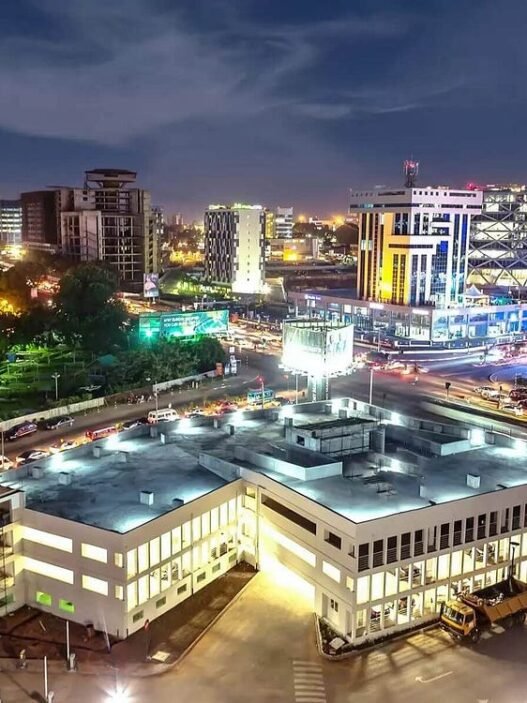An in-depth investigation has brought to light the staggering compensation package of the head of the Ghana Revenue Authority (GRA), Rev. Ammishaddai Owusu-Amoah, revealing an extensive array of benefits that position him as the second-highest-paid government appointee, just behind the Governor of the Bank of Ghana. These revelations raise concerns about fiscal responsibility and the allocation of resources within Ghana’s public sector, especially at a time when the country grapples with widespread poverty and economic hardship.
“The time has come to realign government spending with the needs of the people and to promote a culture of accountability that prioritizes the well-being of the nation over the comforts of a privileged few.”
A Salary to Raise Eyebrows
As of 2023, Rev. Owusu-Amoah’s monthly salary was reported to be GHS137,794.80—a staggering figure, even by the standards of high-ranking officials. This salary is accompanied by a housing allowance of GHS6000, a home enhancement allowance of GHS2000, and a travel per diem of $1500. These perks alone highlight a significant strain on public resources, but the list of benefits does not end there.
The free medical care offered to both Rev. Owusu-Amoah’s spouse and children, along with yearly medical examinations and an annual lens replacement allowance of GHS2000, paints a picture of luxury at the expense of the Ghanaian taxpayer. The breadth of these benefits is likely to raise questions among citizens, especially those facing daily economic struggles.
More Perks in a Time of Need
Further scrutiny reveals a host of additional benefits that stretch beyond what many consider necessary for even a high-ranking public official. Rev. Owusu-Amoah reportedly receives an inconvenience allowance of GHS500 per day and a responsibility allowance of GHS1500 per month, along with a monthly entertainment allowance of GHS1500. Even more striking is the provision of a DSTV Premium Service subscription, costing GHS700 per month. These perks, while perhaps justifiable in certain contexts, seem exorbitant in the face of Ghana’s current economic challenges.
He also enjoys an official vehicle, complete with monthly fuel coupons, and is provided with three personal security guards, further illustrating the extent to which public funds are allocated towards personal comforts. These revelations have sparked a public outcry, with many questioning whether such luxuries are appropriate for a public servant in a country where the majority of citizens are struggling to make ends meet.
Beyond Retirement: A Breach of Policy?
Adding another layer of complexity to the situation is the fact that, despite being 60 years old, Rev. Owusu-Amoah has reportedly continued to hold his position for two years beyond the standard retirement age. His continued tenure raises questions about accountability and adherence to retirement policies within Ghana’s public sector. Is this an isolated case, or is it indicative of a broader systemic issue?
The additional two years of service, coupled with the luxurious perks, have raised concerns about transparency and governance. There is now an increasing call for reforms that would prevent public officials from overstaying their tenure and enjoying such lavish benefits without proper oversight.
A Call for Reform
The comprehensive list of benefits enjoyed by Rev. Owusu-Amoah underscores the urgent need for a review of public administration structures in Ghana. The excessive spending on perks for high-ranking officials appears to be misaligned with the nation’s priorities, especially given the economic challenges faced by the majority of its citizens.
While such compensation packages may be standard for top officials in other contexts, the scale and scope of these benefits in Ghana’s current socio-economic climate are both inappropriate and unfair. It is increasingly clear that there is a pressing need for transparency, accountability, and a restructuring of compensation packages for top government officials to ensure that taxpayer money is used in a way that truly benefits the nation.
Conclusion: Fiscal Responsibility at the Crossroads
The investigation into Rev. Ammishaddai Owusu-Amoah’s benefits has brought to light significant flaws in Ghana’s public sector, particularly concerning the allocation of resources and the management of taxpayer funds. As the nation grapples with economic hardship, the lavish lifestyle enjoyed by top officials underscores the need for a comprehensive review of public sector compensation structures. The time has come to realign government spending with the needs of the people and to promote a culture of accountability that prioritizes the well-being of the nation over the comforts of a privileged few.





















